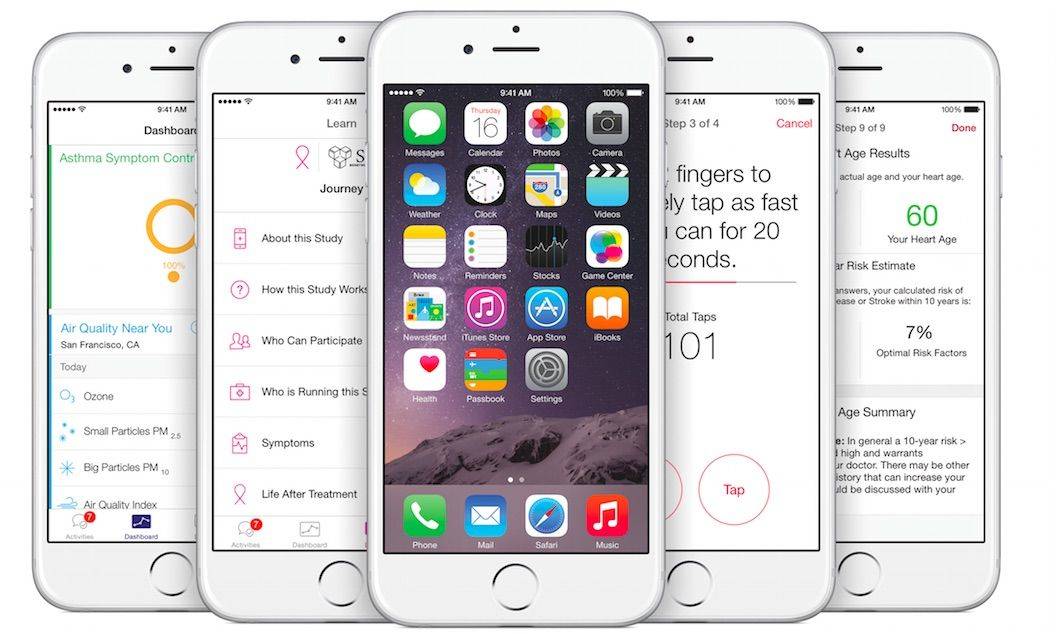Apple today announced it is expanding its ResearchKit health platform to include new studies on autism, epilepsy and melanoma.
Apple will work with leading universities and research centers including Duke University, John Hopkins, and Oregon Health & Science University.
“We’re honored to work with world-class medical institutions and provide them with tools to better understand diseases and ultimately help people lead healthier lives,” said Jeff Williams, Apple’s senior vice president of Operations.
“In just six months, ResearchKit apps studying everything from asthma and diabetes to Parkinson’s disease, are already providing insights to scientists around the world and more than 100,000 participants are choosing to contribute their data to advance science and medical research.”
ResearchKit’s new autism study revolves around the app “Autism & Beyond” launched by Duke University and Duke Medicine. The app is designed to test whether the iPhone’s FaceTime camera can be used to detect signs of developmental issues at a much younger age. To do this, it uses new “emotion detection” algorithms to measure a child’s reaction to videos shown on the iPhone.
The epilepsy study, meanwhile, is based around a new “EpiWatch” app developed by Johns Hopkins. The first ResearchKit study to involve the Apple Watch, the app will look at whether Apple’s new wearable device can detect the onset and duration of seizures.
During the first phase of the study, researchers will use a custom complication on the Apple Watch to provide patients with one-touch access to trigger the custom watch app in order to capture accelerometer and heart rate sensor data in the event of a seizure. It will also send an alert to a loved one. The app will then keep track of all seizures and the participant’s responsiveness during the event.
Finally the “Melanoma” app is the creation of Oregon Health & Science University. With the app, users can take photographs of their moles over time, documenting changes in size and color which can then be automatically shared with health professionals. The goal is to use the data to help create detection algorithms which can be used to help screen for melanoma in the future.
Source: Apple


